Working with fisherwomen in Comoros is fulfilling because you see them progressing and creating more value from fisheries. The Maecha Bora Association, which includes fisherwomen from three villages on the southwest coast of Anjouan who glean for octopus, shells and fish on reef flats, have an amazing commitment to preserving and managing their fisheries. These women were instrumental in establishing the first fishery closure in 2018 and have since learnt about fish and octopus preservation techniques such as salting and drying, or more recently, smoking.
Our partner Dahari, a leading Comorian conservation NGO, wants to help fishers increase their income and support local associations to manage their fisheries. Earlier this year, we commissioned research to analyse the fish value chain in Anjouan by interviewing fishers. We found that traders were losing fish due to inadequate preservation techniques, which was not a surprise, but we were shocked by the numbers. Our data showed income losses of up to 30 percent due to spoiled fish, representing a significant economic loss for communities that rely on fishing.
We started a fish smoking project in March to help people retain more stock and make bigger profits. The women were fascinated by seeing an improved portable smoker made out of a recycled 200-litre oil barrel with three smoking racks. It is safe and cheap to run because it uses very little wood and fuel without harmful resins and has a barrel that allows little to no smoke to escape the chamber. Hence it can smoke up to three times more fish than less efficient smoking techniques over an open fire.
We organised smoking and tasting event with the Maecha Bora trainees and encouraged people to sample the fish. The event was so successful that community members placed orders on the same day.
Forty women from three villages have participated in this pilot phase, and each group of 10 women has received a smoker. The women have also trained to manage stocks, materials and finances and understand market principles such as demand, consumer preferences and perceptions to help improve and expand their businesses. The course is designed for people with varying literacy levels and uses games and role-plays to ensure full participation. We want to expand this pilot programme to other areas and 200 members by the end of the year and continue to promote smoking as a preservation technique. The next stage of the pilot involves helping fisherwomen develop marketing strategies by setting up stalls, plus a network of middlemen and local shops that will quickly buy their products. The women will make their favourite smoked fish dishes at our next event and a recipe booklet to drive sales.
Women are keen to improve their family’s fortunes and can lead the way with pilot projects to increase household income and community development. Where women are empowered, so is the community, and I hope this project helps people diversify their income and make the most out of their catch. In the local Comorian language, Maecha Bora means ‘a better life’, and these female leaders are showing the way.
This initiative is funded by the UK Government through ‘The Darwin Initiative’
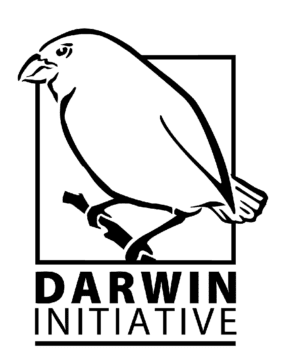
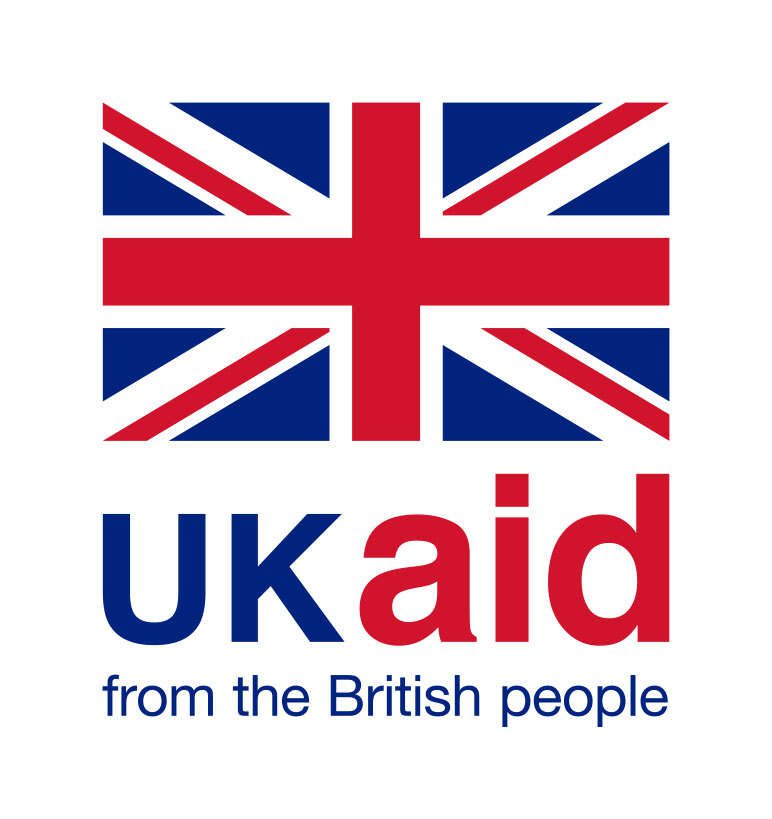


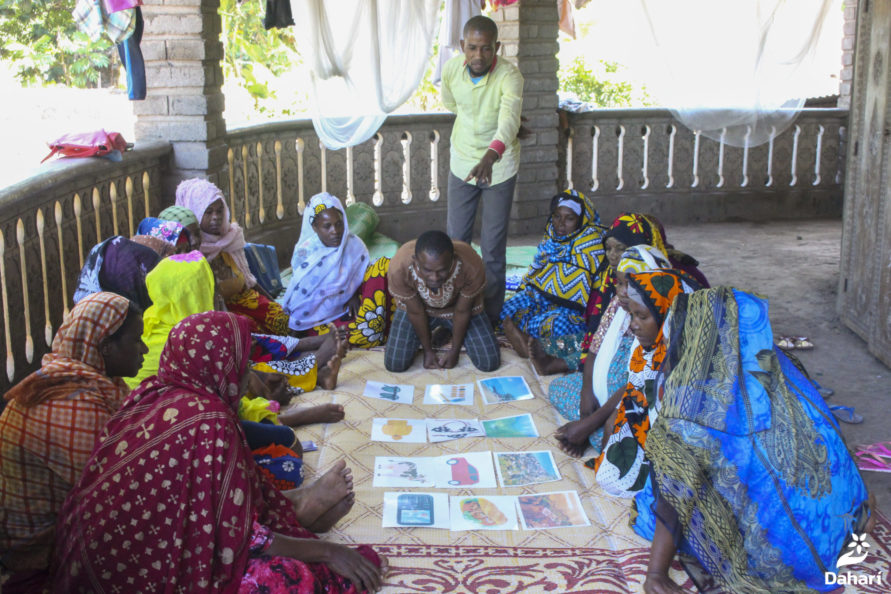
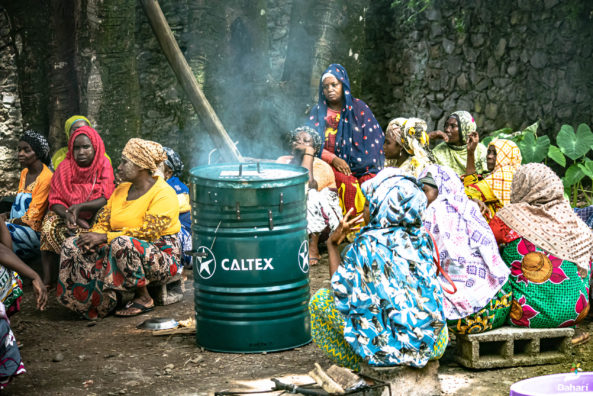
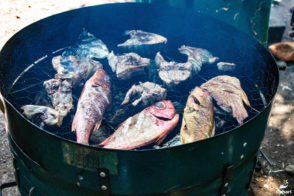
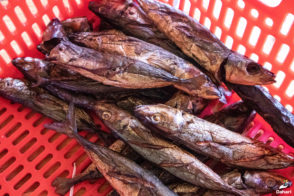
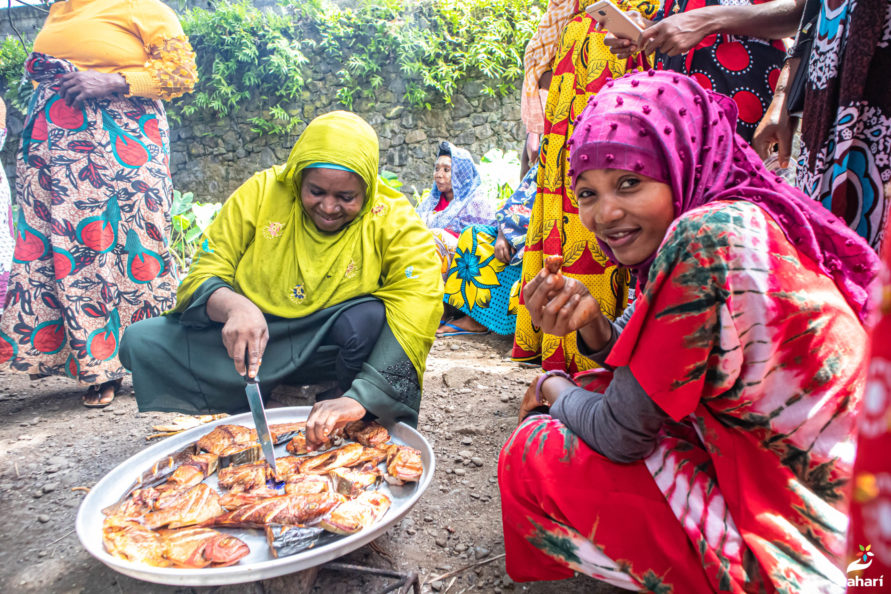
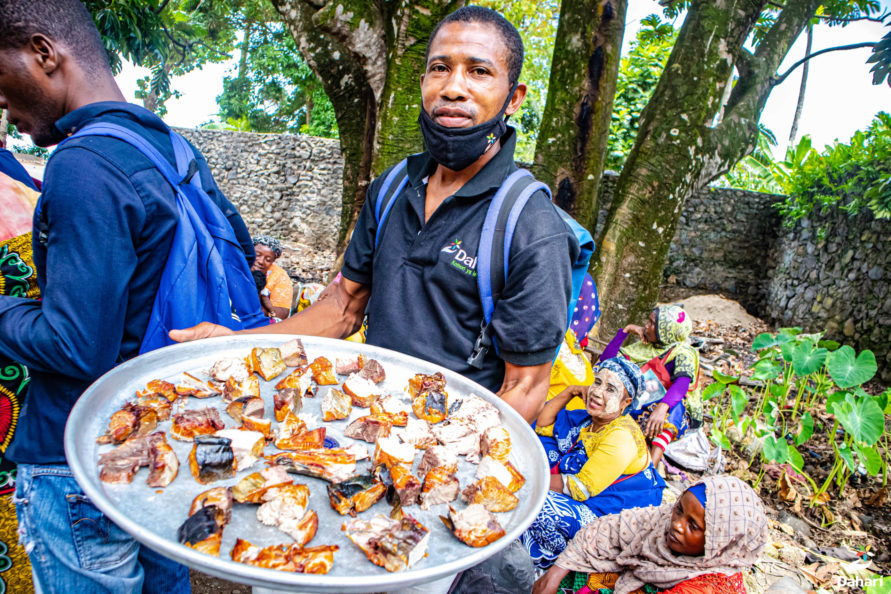
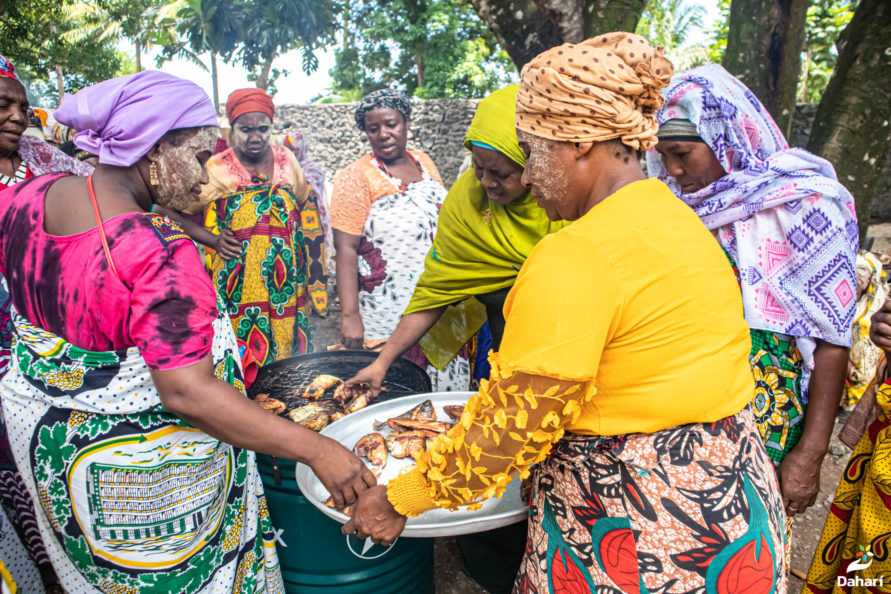
How wonderful! Cooperatives in local areas to help the local community is sooo powerful. I would love to see this concept applied in the American South.